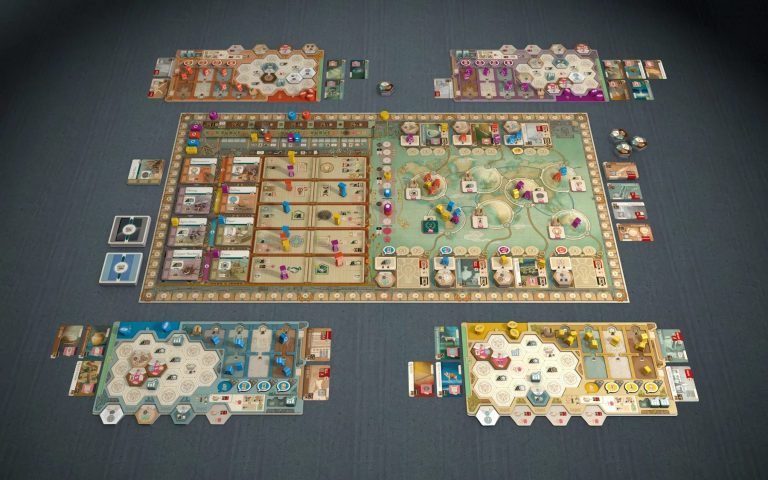

I was playing a complicated board game, Inventions: Evolution of Ideas, and I noticed something about another player that I’ve noticed before; They are Game Rules Optimistic. I’ll explain: The game has a map, and on the map are some tiles. The tiles are double-sided, with very different content on each side. Although the rule book is very clear about how to use them, the quick reference card has just one or two sentences that essentially say that when you move a piece to the space with the tile, take the action on the action side of the tile or take the points from the points side of the tile, and then flip it over when finished.

I have the benefit of having read the rule book. The rulebook indicates that you take the benefit of the tile on the side facing up. I don’t recall the wording, but it’s very clear. The quick reference card is not clear. But since I am Game Rules Pessimistic, I assume that I can’t take an action or gain a benefit from the face-down side of the tile. The players who are Game Rules Optimistic think that if the rules don’t specify which side of the tile they can access, the downside is available. I wil be blatently honest and say that this doesn’t make sense to me. In most games I’ve played, the only time you get something that you can’t see is when it’s supposed to be a surprise. This game doesn’t have a surprise reward on the tiles – these are tiles on the board that flip up and down a few times during the game.
I have seen this type of gameplay difference with a few players. This same rule in this same game tripped up another player a week ago. Since this game is new and the game group is learning it, I think I need to focus on a general rule: access to actions, content, etc. is limited, and you can’t access anything you can’t see.
This is the first time I tried to define this behavior in playing board games. I’ve seen it over the years in many players. We’ve had arguments about unclear rules where I was usually pessimistic, and some players were so overly optimistic that they said that if the rules don’t forbid something, you can do it. When I work on the rule book for my game, I’m definitely going to keep this problem in mind.
